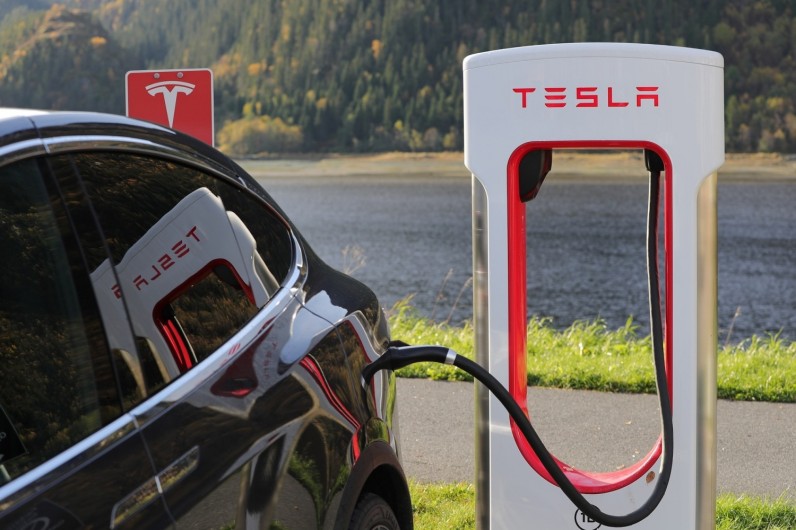The landscape for electric vehicle (EV) buyers in the United States may face a significant shift as the Department of Treasury and Energy proposes new regulations restricting the eligibility for the full $7,500 federal tax credit based on the origin of battery materials, particularly from China and other nations deemed hostile to the US.
The new rules, which stem from President Joe Biden's climate law, aim to align with the administration's ambitious target of having half of all new passenger vehicles sold in the US powered by electricity by 2030.
However, the potential impact on EV adoption looms large, given the nation's reliance on foreign sources, notably China, for crucial minerals essential in manufacturing EV batteries, according to the Associated Press.

US Issues FEOC Requirements for EV Car Tax Credit
The proposed regulations, detailed in a Notice of Proposed Rulemaking (NPRM), introduce Foreign Entity of Concern (FEOC) requirements. Starting in 2024, eligible clean vehicles are barred from incorporating battery components manufactured or assembled by an FEOC.
In 2025, this restriction extends to critical minerals, necessitating a clean vehicle to avoid any materials extracted, processed, or recycled by a FEOC. The Department of Energy concurrently released guidance defining entities falling under the FEOC designation.
"President Biden entered office determined to reverse the decades-long trend of letting jobs and factories go overseas to China," said John Podesta, Senior Advisor to the President for Clean Energy Innovation and Implementation, as BBC reported.
"Thanks to the Investing in America agenda and today's important guidance from Treasury and the Department of Energy, we're helping ensure that the electric vehicle future will be made in America," he added.
READ NEXT : Joe Biden Slams Corporations Over Soaring Consumer Prices, Says 'It's Time to Stop the Price-Gouging'
US Industry-Standard Tracing for Battery Materials
Manufacturers are expected to conduct due diligence to comply, adhering to industry-standard tracing for battery materials. The NPRM outlines processes for determining FEOC compliance at different stages, requiring vigilance in tracing battery components and critical minerals.
The rules acknowledge challenges in the critical mineral supply chain, proposing temporary transition rules and seeking industry feedback on material tracing standards.
For EVs already in circulation, a transition rule expedites certification for those without FEOC-associated battery components and is placed in service in 2024.
The proposed upfront review system from 2025 onward enhances oversight of FEOC compliance, relying on a compliant battery ledger to track automakers' adherence.







Join the Conversation